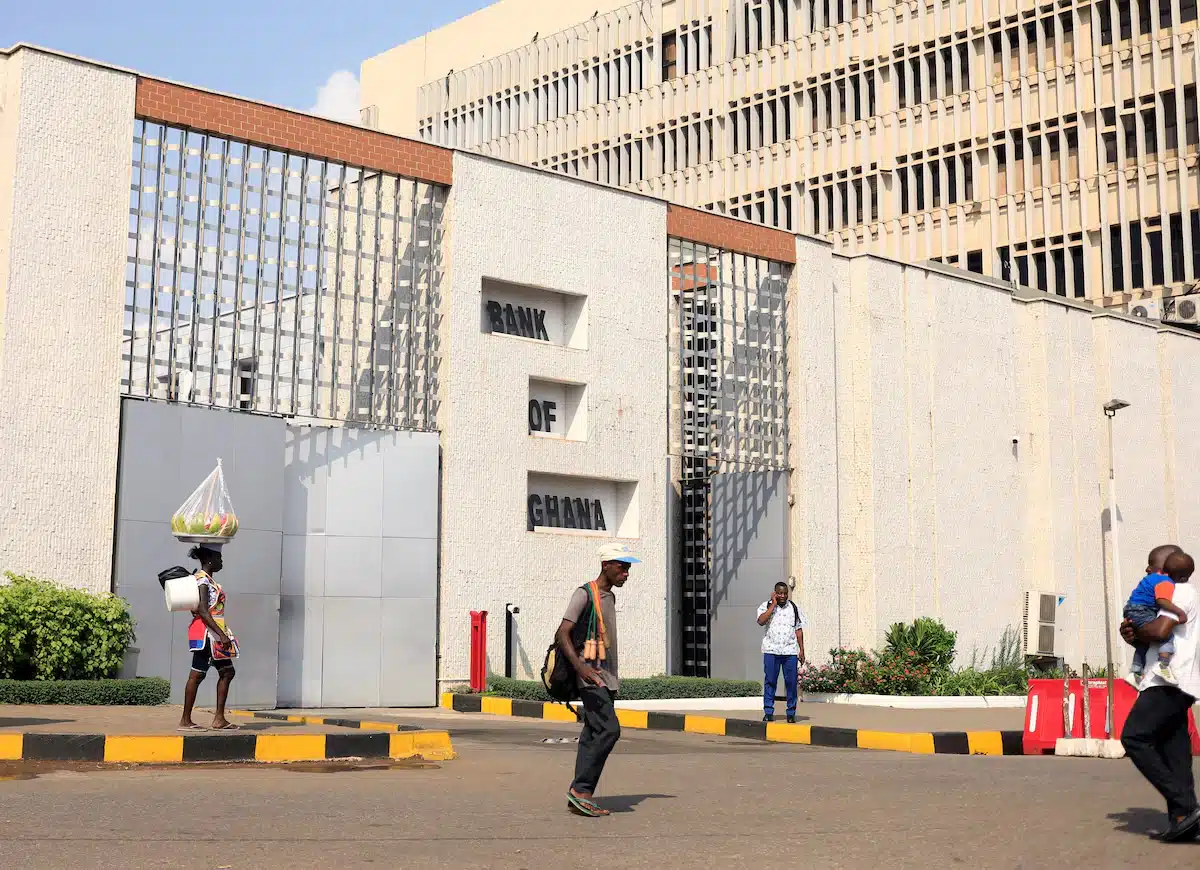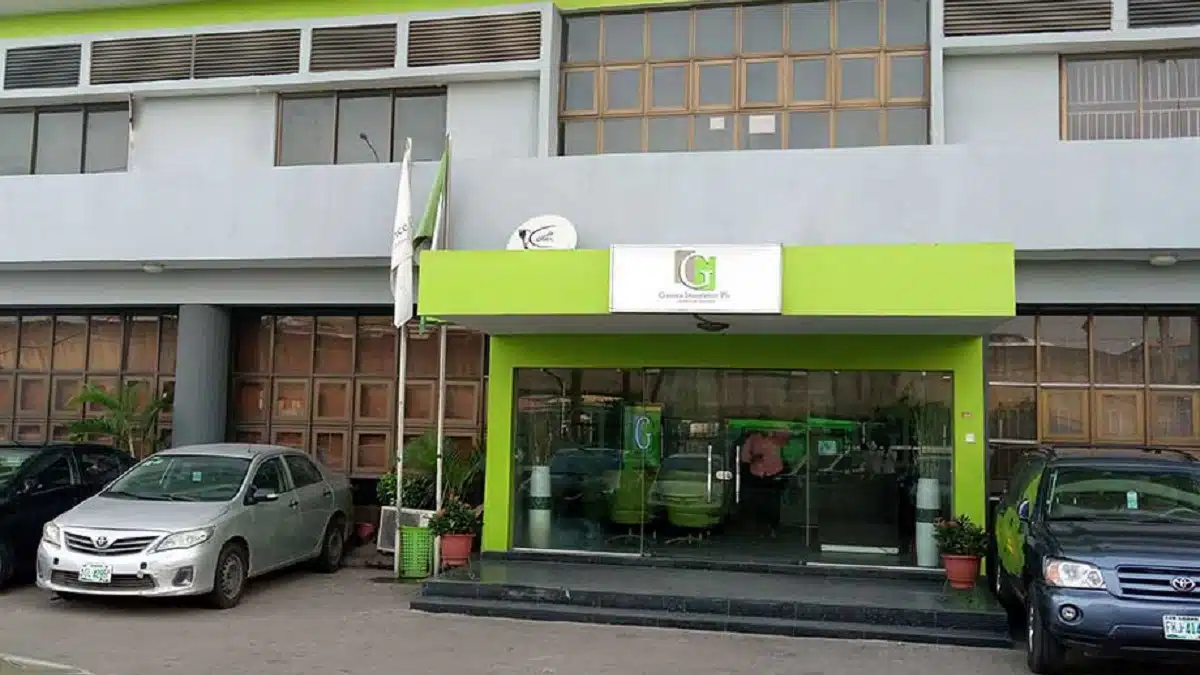The Bank of Ghana announced on March 3rd, 2025, that it will suspend the Gold for Oil (G4O) initiative. This follows recorded losses and the country’s current currency volatility.
While speaking with Bloomberg, Ghana’s apex bank chief, Johnson Asiama, noted that the suspension was intended to reduce losses and maintain stable inflation rates.
The Gold-for-Oil program was introduced in 2022 to reduce Ghana’s dependence on the dollar as foreign exchange to purchase oil from international suppliers. It was also instituted to ensure a steady supply of fuel and reduce the scarcity of energy products.
Instead of using dollars to pay for imported oil products, the apex bank used gold locally mined and refined in the country. This would channel the country’s scarce foreign reserves to other important needs, such as debt repayment and balance of payments.
Overall, the country’s currency was projected to stabilise, with the demand for dollars and general inflation rates dropping.
Why is the suspension necessary?
In 2024, Ghana’s revenue from the shipment of gold rose to $11.6 billion. In the same year, the country’s oil import bill was valued at $4.5 billion and by September, the apex bank had bought 65.4 tons of gold for both its foreign reserves and the execution of the G4O program.
Despite this intervention, the country is experiencing a major inflation crisis. As of January 2025, its inflation rate was 23.5%. This informed the apex bank’s decision to retain its inflation rate of 27% for the second time in a row.
In 2024, the country’s Cedi also witnessed a struggle against the US dollar, with the dollar gaining and the country losing 19% of its value. This comes on the heels of a bond default in 2022, and the country seeking to indemnify its creditor when it issued a new bond in October in a bid to restructure the debt.
Halting the programme, the apex bank hopes to tighten loose ends and also help its foreign reserves. Per the bank chief, suspending the programme “should help us maintain stability in the foreign exchange markets.”
What’s the big picture?
Ghana’s current government, led by John Dramani Mahama, has the big responsibility of stabilising the country’s economy and its foreign exchange, which has seen a recent rise in volatility.
In January, the new finance minister, Cassiel Ato Forson, established the Gold Board to be in charge of purchasing gold from local miners. This move was to curb the high rates of gold smuggling and also to stabilise the country’s foreign reserves and currency.
As the apex bank has halted the G4O programme where it is directly involved in the sourcing and barter trade of gold, the Gold Board may step into the bank’s shoes if the program is resumed.






